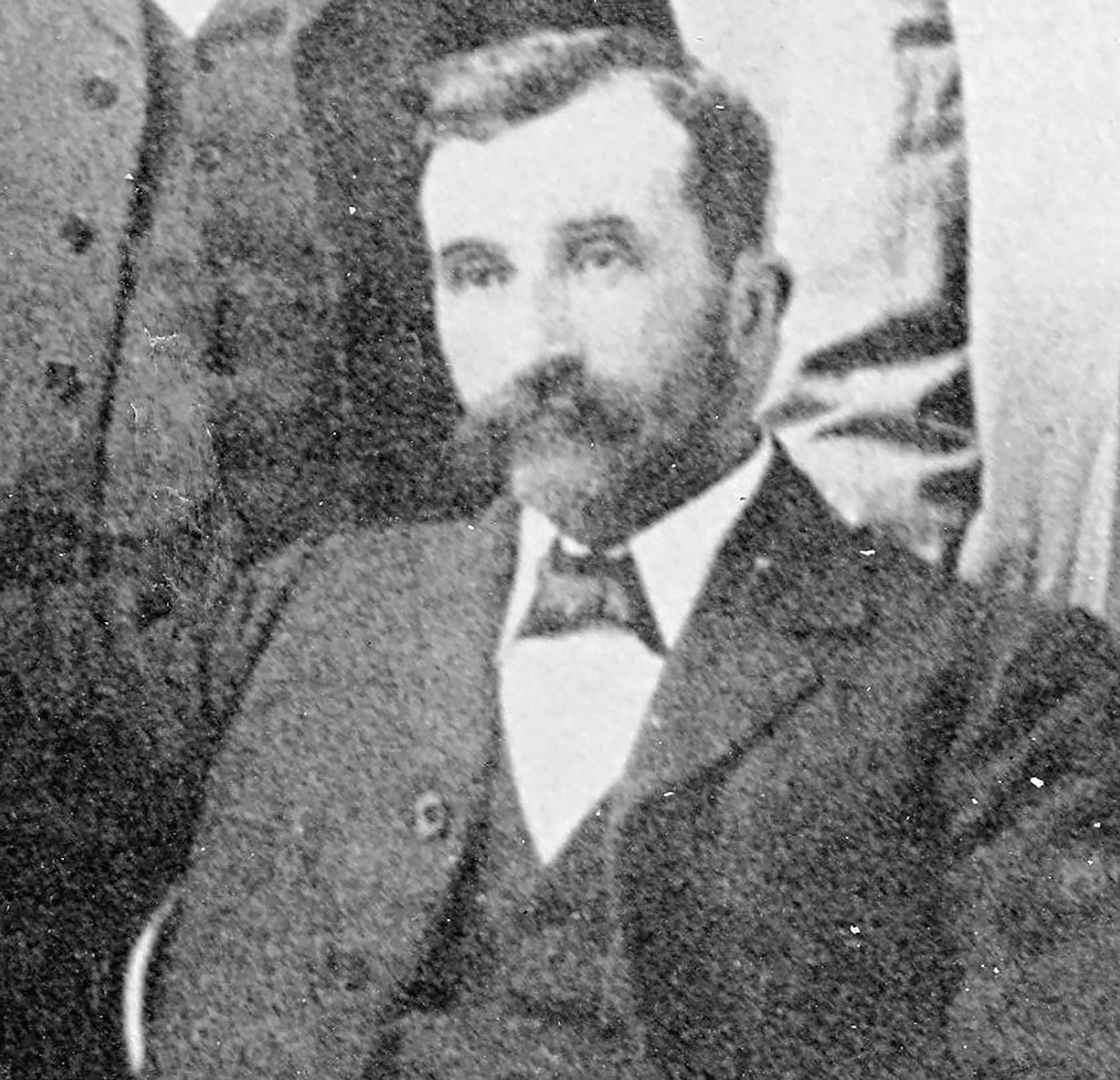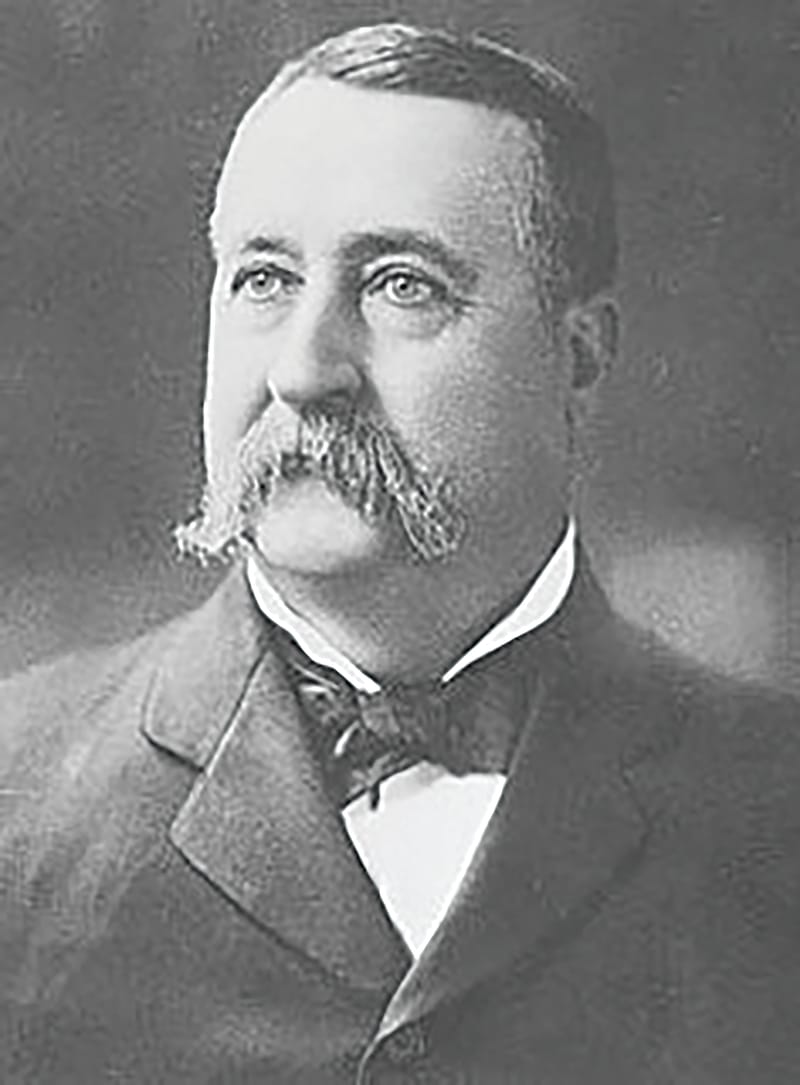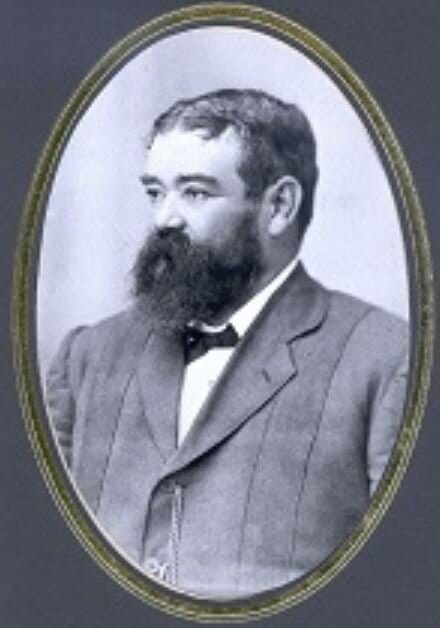Chamber ‘rails’ for Collie coal
Contributor: TOM REARDON “WESTERN AUSTRALIA having decided to enter the Commonwealth, it behoves everyone to bestir themselves to set their house in order and to make ready for the great change which may be expected in our affairs now that...







